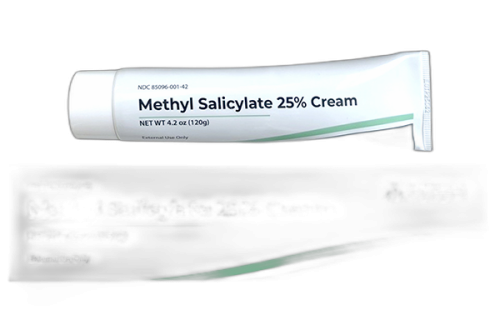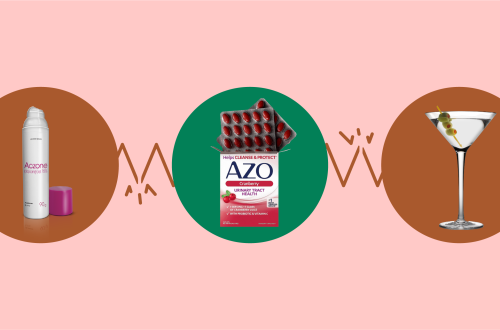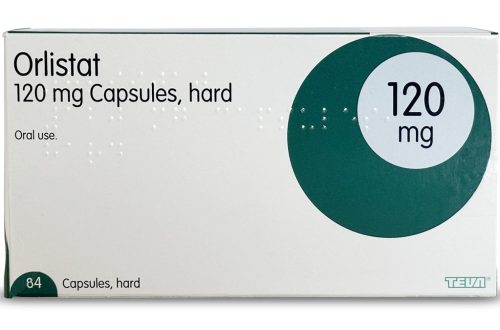Introduction
Cholesterol has long been a hot topic in health discussions, often surrounded by confusion and conflicting information. For decades, people have been advised to avoid eggs, fats, and certain foods to prevent heart disease. Meanwhile, medications like statins are both praised and feared.
But how much of what we “know” about cholesterol is fact, and how much is myth? This article aims to clear up common misconceptions around cholesterol, focusing on eggs, dietary fats, and cholesterol medications, so you can make informed decisions about your health.
Myth 1: Eggs Are Bad Because They Are High in Cholesterol
The Myth
Eggs have been labeled as “bad” for your cholesterol levels due to their high cholesterol content (about 185 mg per egg yolk).
The Truth
While eggs do contain cholesterol, research shows dietary cholesterol has a smaller impact on blood cholesterol than once thought. For most people, eating eggs in moderation does not significantly raise LDL cholesterol or increase heart disease risk.
- Why? The liver compensates by producing less cholesterol when dietary intake is higher.
- Eggs also raise HDL (good cholesterol) and improve the LDL-to-HDL ratio.
- Eggs are nutrient-dense, rich in protein, vitamins, and antioxidants.
What to Do
- Most healthy people can safely consume up to one egg per day.
- People with certain conditions, like diabetes or familial hypercholesterolemia, should consult their doctor about egg consumption.
Myth 2: All Fat Is Bad for Your Heart
The Myth
Fat has been blamed for raising cholesterol and causing heart disease, so low-fat diets have been widely recommended.
The Truth
Not all fats are created equal. It’s the type of fat, not just the amount, that matters for cholesterol and heart health.
- Saturated fat (found in red meat, butter, and cheese) can raise LDL cholesterol but effects vary by individual.
- Trans fats (in many processed foods) are harmful, raising LDL and lowering HDL, and should be avoided.
- Unsaturated fats (in olive oil, nuts, seeds, and fatty fish) improve cholesterol levels and heart health.
What to Do
- Replace trans and saturated fats with healthy unsaturated fats.
- Avoid processed foods with partially hydrogenated oils.
- Include sources of omega-3 fatty acids, like salmon and walnuts.
Myth 3: Dietary Cholesterol Is the Main Cause of High Blood Cholesterol
The Myth
Eating cholesterol-rich foods directly leads to high blood cholesterol levels.
The Truth
For most people, dietary cholesterol has a modest effect on blood cholesterol. Factors like genetics, saturated fat intake, body weight, and lifestyle have a greater impact.
- Some people are “hyper-responders” and see bigger cholesterol increases from dietary cholesterol, but this is uncommon.
- The biggest dietary drivers of blood cholesterol are saturated and trans fats, not cholesterol itself.
What to Do
- Focus on overall diet quality rather than obsessing over cholesterol numbers in foods.
- Emphasize whole foods, fruits, vegetables, whole grains, and healthy fats.
Myth 4: Statin Medications Are Dangerous and Should Be Avoided
The Myth
Statins cause severe side effects and do more harm than good.
The Truth
Statins are one of the most studied and effective medications for lowering LDL cholesterol and preventing heart attacks and strokes.
- Most people tolerate statins well.
- Side effects like muscle pain occur in a minority and can often be managed.
- The benefits of statins far outweigh the risks in people with high cholesterol or existing heart disease.
What to Do
- Discuss concerns with your doctor rather than stopping statins abruptly.
- Lifestyle changes and statins together offer the best protection.
Myth 5: You Can Rely Solely on Medication Without Lifestyle Changes
The Myth
Taking cholesterol medication means you don’t need to worry about diet or exercise.
The Truth
Medications help, but healthy lifestyle habits amplify benefits and improve overall cardiovascular health.
- Diet, exercise, smoking cessation, and weight control reduce cholesterol and heart disease risk.
- Lifestyle changes can reduce medication doses or even delay the need for drugs in some cases.
What to Do
- Use medication as part of a comprehensive plan.
- Adopt a heart-healthy lifestyle for the best long-term results.
Myth 6: High HDL Cholesterol Always Means You’re Protected
The Myth
The higher your HDL, the better your heart health.
The Truth
While HDL is generally protective, extremely high HDL levels do not always equate to lower risk, and the functionality of HDL matters more than the number.
- Research is ongoing about HDL quality versus quantity.
- Focus on improving overall cholesterol balance rather than only raising HDL.
Summary of Evidence-Based Facts
| Myth | Fact Summary |
| Eggs raise cholesterol dangerously | Eggs have a modest effect; moderate intake is safe for most |
| All fats are bad | Unsaturated fats are heart-healthy; avoid trans fats |
| Dietary cholesterol drives blood cholesterol | Saturated and trans fats have a bigger impact |
| Statins are dangerous | Statins are effective with manageable risks |
| Medications replace lifestyle | Lifestyle is essential for optimal health |
| Higher HDL is always better | HDL function matters, not just level |
Practical Tips to Manage Cholesterol Wisely
- Don’t avoid eggs unnecessarily; enjoy them as part of a balanced diet.
- Prioritize healthy fats from olive oil, nuts, seeds, and fish.
- Limit processed and fried foods with trans fats.
- Combine medication with diet and exercise, not as substitutes.
- Regularly check cholesterol levels and consult your healthcare provider.
Conclusion
Cholesterol is a complex topic clouded by myths that can mislead your health choices. Eggs, fats, and medications have all been misunderstood, but current science paints a more nuanced picture.
Understanding the facts empowers you to make balanced decisions: enjoy nutrient-rich foods like eggs, choose the right fats, use medications responsibly, and embrace a healthy lifestyle. This comprehensive approach is the best way to manage cholesterol, protect your heart, and live well.
FAQs:
Are eggs bad for cholesterol?
No, moderate egg consumption doesn’t significantly raise blood cholesterol for most people.
Is all fat harmful to heart health?
No, healthy unsaturated fats improve cholesterol, while trans fats are harmful.
Does dietary cholesterol raise blood cholesterol a lot?
For most people, dietary cholesterol has a modest effect compared to saturated and trans fats.
Are statins dangerous?
Statins are generally safe and effective; side effects are uncommon and manageable.
Can medication replace lifestyle changes?
No, combining medication with a healthy lifestyle offers the best heart protection.






